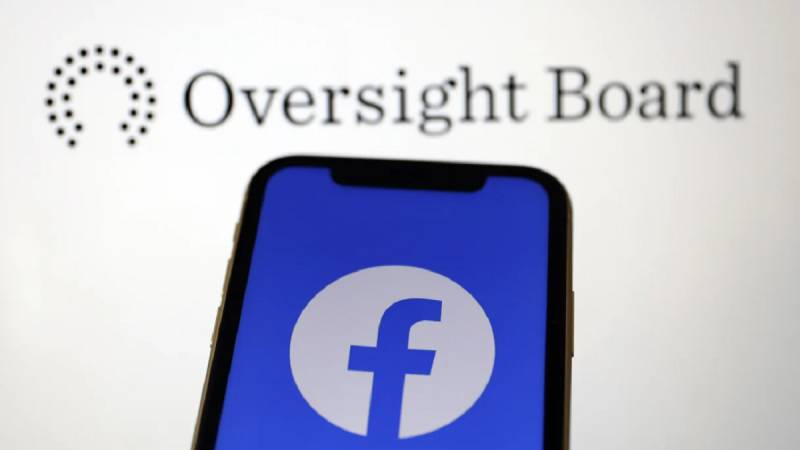
Meta's Oversight Board on Tuesday announced that it will be deliberating a new case that involves blasphemy accusations levelled against a Pakistani politician.
The board, which provides human interpretation and rules on retaining or censoring posts on Meta's social media platforms, including Facebook and Instagram, has invited comments from individuals and organisations on the case.
The case dates back to January 2024 when, during the election campaign, an Instagram user posted a six-second video in which an electoral candidate of the Pakistan Muslim League-Nawaz (PML-N) made a controversial remark regarding former prime minister and PML-N supremo Nawaz Sharif.
The video was shared with an overlay which identified the candidate by name and described him as "crossing all limits of faithlessness". The term "kufr" was also used.
The post was viewed around 48,000 times and shared more than 14,000 times.
A few days after it was posted, at least 15 users reported it for violating Instagram's Community Guidelines.
Initially, Meta decided that the post did not violate any guidelines or policy and allowed the content to stay up while auto-closing the complaints.
However, Meta said that a few days after it had closed the complaints, its High Risk Early Review Operations (HERO) system detected a high likelihood of the video going viral, and it was prioritised for human review by specialists with language, market, and policy expertise.
After the additional review, Meta removed the post under the Coordinating Harm and Promoting Crime policy. It determined that the policy prohibits "outing" individuals by exposing the identity of anyone who is alleged to be a member of an "outing-risk group." In the Pakistani context, this group includes people accused of blasphemy, as it carries a significant risk of offline harm associated with it.
Hence, Meta decided to refer the case to its Oversight Board, noting its significance and difficulty.
"On the one hand, Meta informed the Board that it sees public interest value in allowing criticism of politicians during an election on the platform, on the other hand, accusations of blasphemy in Pakistan can contribute to the risk of significant offline harm if left up on the platform," the statement from Meta said.
The statement added that Meta has a responsibility to prevent or mitigate potential harms from such accusations while respecting freedom of expression.
The board is now reviewing the case but has invited public comments on the matter, addressing the political situation in Pakistan around the general elections; the environment of freedom of expression in Pakistan, particularly relating to the enforcement of blasphemy laws against political opposition, journalists and civil society; a role that blasphemy accusations against public figures play in political discourse and the risks such allegations can pose; implications of Meta's policy to protect identities of people in "outing-risk groups" (that is to remove content accusing people of blasphemy); the human rights responsibility of Meta regarding government requests for removal of posts containing blasphemy or allegations of blasphemy.
The board will accept public comments on the subject for 14 days until Tuesday, June 11.
Meta expects the board to render a decision and issue a policy recommendation on the subject.

